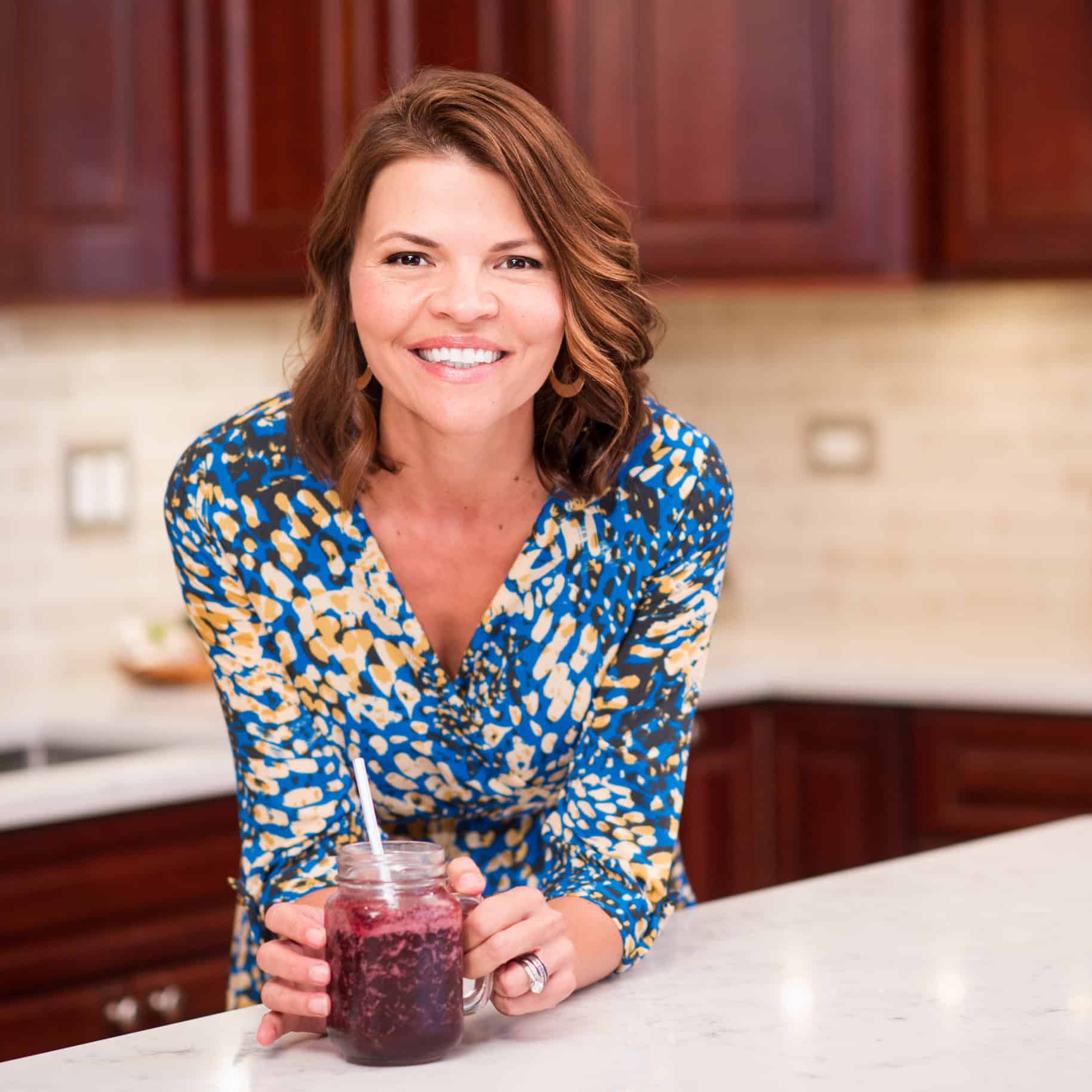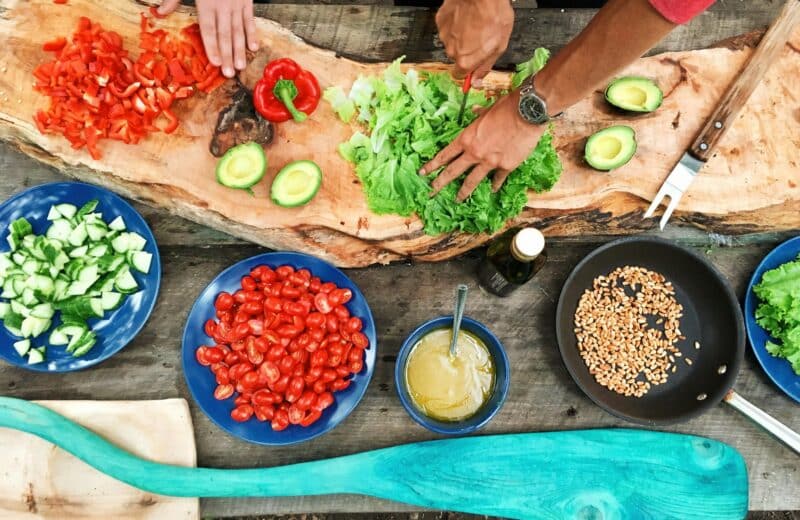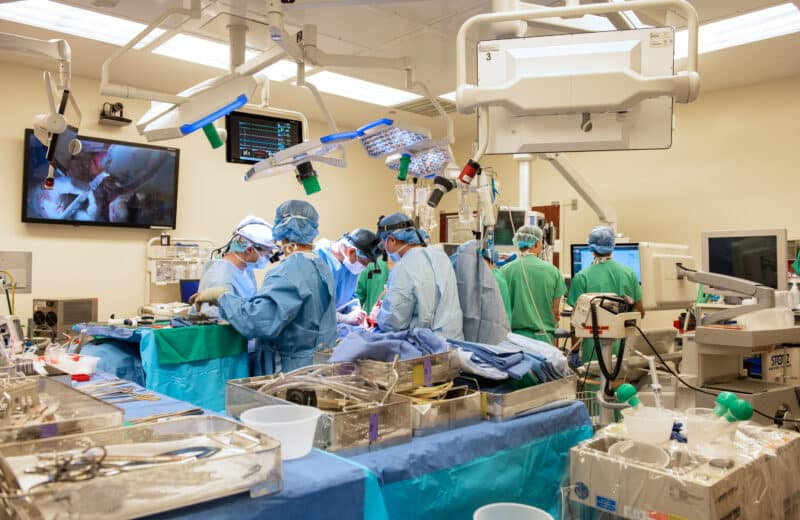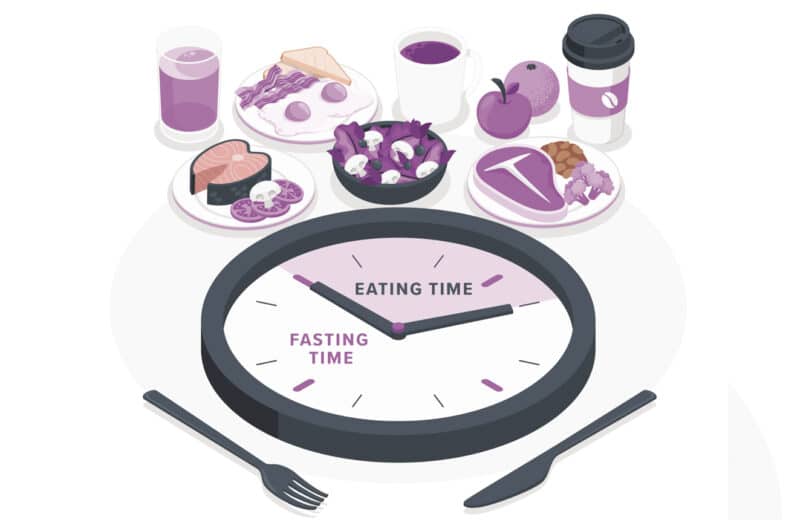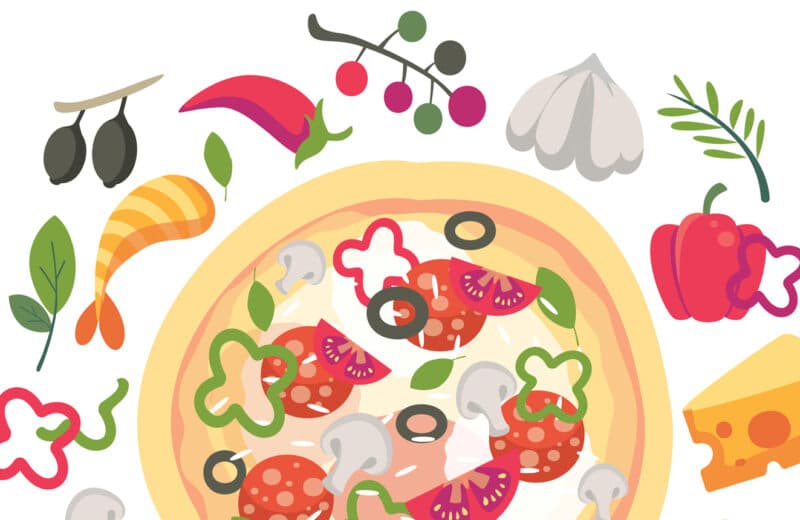How to combat our addiction to ultra-processed eating
The Standard American Diet (SAD) is packed with ultra-processed foods. These sugary, salty, and fatty food products make up more than half of the total dietary energy consumed in high-income countries like the U.S., and they were a hot topic at the Academy of Nutrition and Dietetics’ Food and Nutrition Conference & Expo in Denver this past fall.
In general, we know that ultra-processed foods aren’t good for us, but our taste buds and brain light up when we eat things like baked goods, salty snacks, and fried foods. We want more.
Food manufacturers know this, too. They spend a lot of money and time on research to formulate highly palatable, as well as profitable, products.
Ultra-processed foods include:
- Ice cream or frozen desserts
- Sodas
- Fatty, sweet, and salty packaged snacks
- Pre-prepared poultry and fish nuggets or sticks
- Margarine and spreads
With high rates of obesity, type 2 diabetes, cardiovascular disease, and mental illness in the U.S., many researchers consider the average American’s diet — low in fiber and important vitamins and minerals — to be a primary culprit. Nutrition, healthcare, and public policy professionals are taking up the cause, hoping to create greater awareness around ultra-processed foods’ negative impact.
Ultra-processed seduction
People are drawn to ultra-processed foods over fresh, whole foods for numerous reasons, including convenience, according to Megan Hilbert, a registered dietitian nutritionist with Top Nutrition Coaching in Madison, Wisconsin. “Ultra-processed foods are super convenient foods and easy to prepare compared to their fresh counterparts. They are also often cheaper and last longer, which is important for those who are food insecure or are on a budget,” she says.
Plus, they taste irresistible by design. Ultra-processed foods are formulated to be addictive, with the perfect flavor combinations to hit our sweet, savory, and fat tooth simultaneously.
Yet, even if ultra-processed foods work in the moment, there’s no doubt that cutting back on on them can make you feel better. Elisa Mitchell, of Evanston, says she has become more conscious of her food choices. She needed enough protein and calcium daily without too much salt, fat, or sugar. “I’ve found that you need to be very intentional to avoid ultra-processed foods, but it’s worth it because you feel better. I feel healthier with more energy.”
The nutrition panel and ingredient statement on a food label can help you discern just how healthy an item is. Generally, the fewer ingredients, the better.
Still, non-food scientists can struggle to interpret food labels. Mitchell tries to stick with ingredients she can pronounce. And she’s dubious of marketing terms such as “natural flavor.” To figure out her best options, Mitchell works with a nutritionist, who even helps her select the healthiest options when she eats at restaurants.
Choosing wisely
Nutrition experts have a few tricks for cutting back on ultra-processed foods. Rather than pre-packaged snacks, for example, Hilbert recommends finding other convenient whole food alternatives, ones that need minimal to no preparation. “Foods like oranges, bananas, apples, grapes, dried fruits, as well as nuts and seeds like almonds, pecans, cashews, sunflower seeds, or pepitas are all great snacks and sides,” Hilbert says.
Try baked potatoes or salads instead of fries, and whole wheat crackers with cheese slices in place of artificially flavored cheese crackers.
“I also love telling my clients to make swaps like whole grain bread with minimal ingredients found in the bakery section rather than white bread with little fiber and lots of ingredients,” Hilbert says.
Drinking sparkling water or unsweetened tea instead of regular, sugar-sweetened soda is a smart choice, too.
Although we live in an ultra-processed world, you can make choices to nourish yourself well. Cook more at home; choose whole foods such as fruits, vegetables, beans, lentils, and lean meats; and realize that it doesn’t have to be all or nothing. Choosing minimally processed food is a great step in the right direction.


